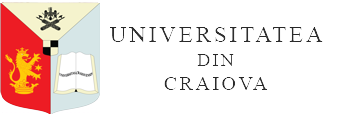TRUTH MAY NOT BE SELF-EVIDENT, BUT IT IS DEMONSTRABLE: A PRAGMATIC PROPOSITION GROUNDED IN THE PHILOSOPHY OF LOGIC OF GEACH AND QUINE
DOI:
https://doi.org/10.52846/afucv.v1i55.93Keywords:
self-evidence, self-evident truth, demonstrable truth, Geach, Quine, Ullian, Ramla l-ĦamraAbstract
Self-evidence and demonstrable truths are recurring themes in philosophy, logic and ethics. This article addresses these notions in the work of Peter Geach and Willard Quine, namely, Reason and Argument and The Web of Belief, respectively. It concludes by referring to the case of a planning permission for a tourist mega-complex development project at Ramla l-Ħamra Valley, Gozo, the mythical island of Ogygia, the abode of Atlas’ daughter Calypso, in Homer’s epic, The Odyssey.The arguments for the revocation of this permit were grounded on the philosophy of logic of Geach and Quine, namely that truth may not be self-evident, but it is demonstrable.


